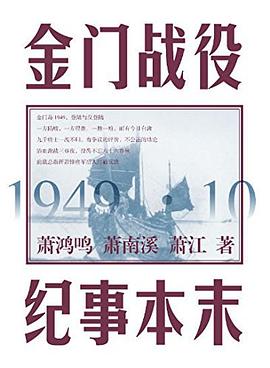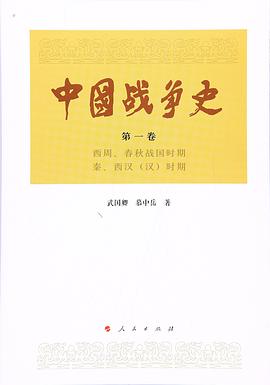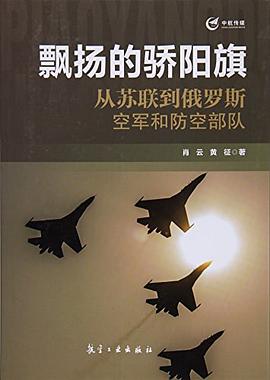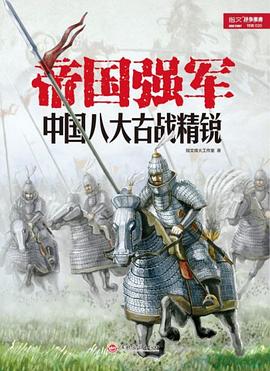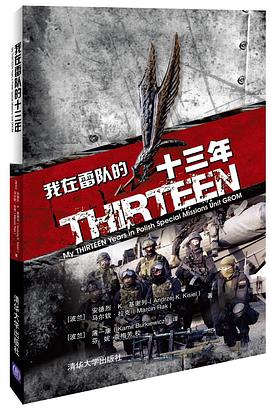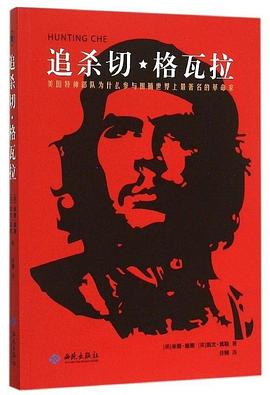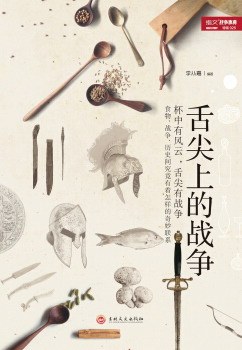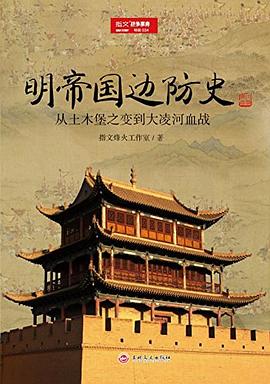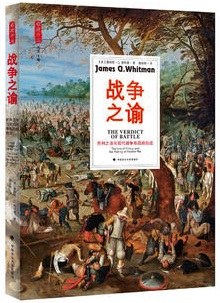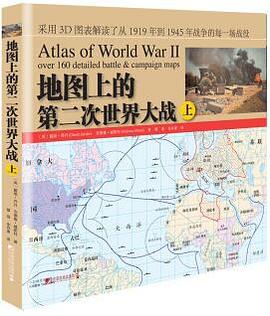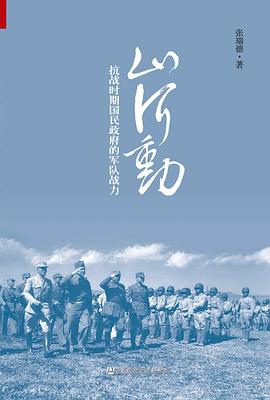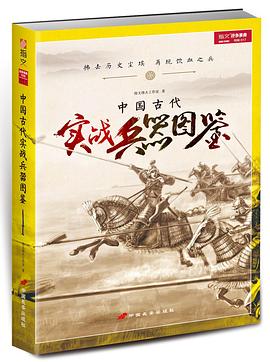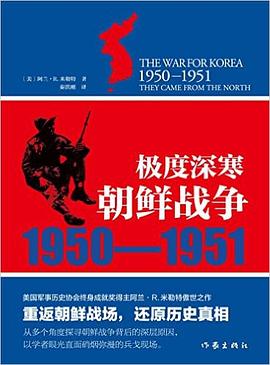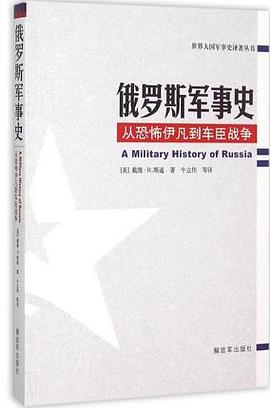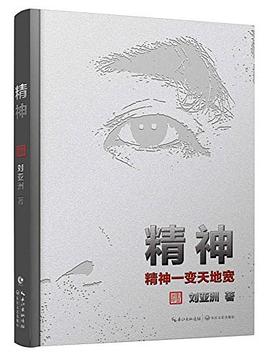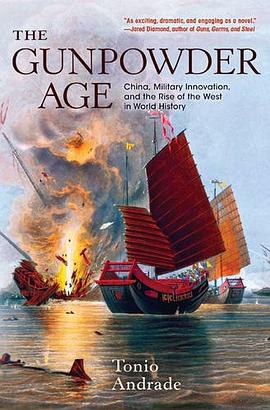

具体描述
Tonio Andrade is professor of history at Emory University and the author of Lost Colony: The Untold Story of China’s First Great Victory over the West (Princeton) and How Taiwan Became Chinese.
The Chinese invented gunpowder and began exploring its military uses as early as the 900s, four centuries before the technology passed to the West. But by the early 1800s, China had fallen so far behind the West in gunpowder warfare that it was easily defeated by Britain in the Opium War of 1839–42. What happened? In The Gunpowder Age, Tonio Andrade offers a compelling new answer, opening a fresh perspective on a key question of world history: why did the countries of western Europe surge to global importance starting in the 1500s while China slipped behind?
Historians have long argued that gunpowder weapons helped Europeans establish global hegemony. Yet the inhabitants of what is today China not only invented guns and bombs but also, as Andrade shows, continued to innovate in gunpowder technology through the early 1700s—much longer than previously thought. Why, then, did China become so vulnerable? Andrade argues that one significant reason is that it was out of practice fighting wars, having enjoyed nearly a century of relative peace, since 1760. Indeed, he demonstrates that China—like Europe—was a powerful military innovator, particularly during times of great warfare, such as the violent century starting after the Opium War, when the Chinese once again quickly modernized their forces. Today, China is simply returning to its old position as one of the world’s great military powers.
By showing that China’s military dynamism was deeper, longer lasting, and more quickly recovered than previously understood, The Gunpowder Age challenges long-standing explanations of the so-called Great Divergence between the West and Asia.
用户评价
- 從台灣'故事'網知道了《火藥時代》這本書,遂向樂文訂購,中間雖有些延誤,但也是支持獨立書店之選擇。 - 作者從戰爭史的角度,回顧火藥在歷史中國的應用,以及同期歐洲國家的狀況,偶爾也會(如談大砲)提及鄂圖曼帝國甚至殖民地前的印度在火藥上的應用。 - 作者的觀點認為...
评分##处所谓“中心”者反思欧洲中心主义最甚,此书廓清一个重要观点:“任何情况下,军事现代化的动力都不该狭隘地理解为西方化”。书从宋朝讲起,至于大清帝国覆灭,以火器战争为中心视野贯穿,视其为历史发展的重要推动力。近代中国之落后西方——所谓“大分流”,认为最大缘由在...
评分或许初始期望太高,读完发现提出问题和试探多于解释,更适合做教科书。军事大分流的说法很有趣,相对平行的军事技术和作战模式比较,尤其是几次欧洲与亚洲势力交锋也颇有趣,分流在18世纪中叶(所谓盛清和平期)也恰与彭慕兰说法对证。不过两个主要论点——无多国/多政体体系则无战争、无战争则无威胁、无威胁则无进步(一系列战争与国家形成文献),盛清一统安靖导致军事革新需求消失;科学/技术与科技群体的独立发展对军事革新的促进作用(李约瑟等?)——似已经被反复论述过,并无什么出色之处。欧洲船只更先进更抗风浪、欧洲中世纪堡垒城墙较薄但允许火药武器开火还击,确乎为重要优势,且也在无形中促进火药武器发展和军队远征与后勤编组进步,然欧陆多国战争恰使其非铁板一块,前者仅为少数海权国拥有、后者则并未在远征中体现。
评分 评分相关图书
本站所有内容均为互联网搜索引擎提供的公开搜索信息,本站不存储任何数据与内容,任何内容与数据均与本站无关,如有需要请联系相关搜索引擎包括但不限于百度,google,bing,sogou 等
© 2025 book.qciss.net All Rights Reserved. 图书大百科 版权所有

